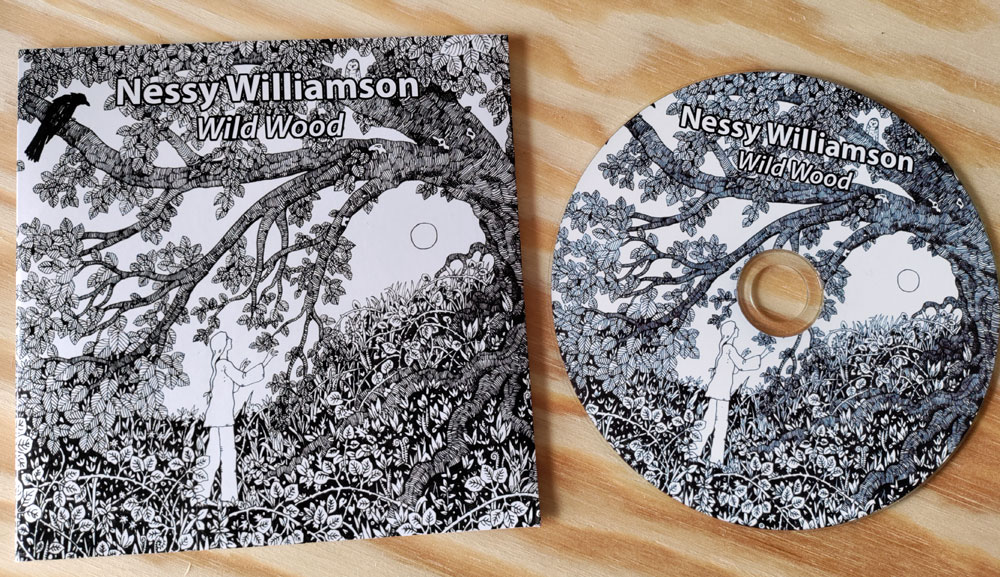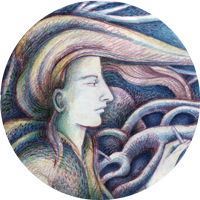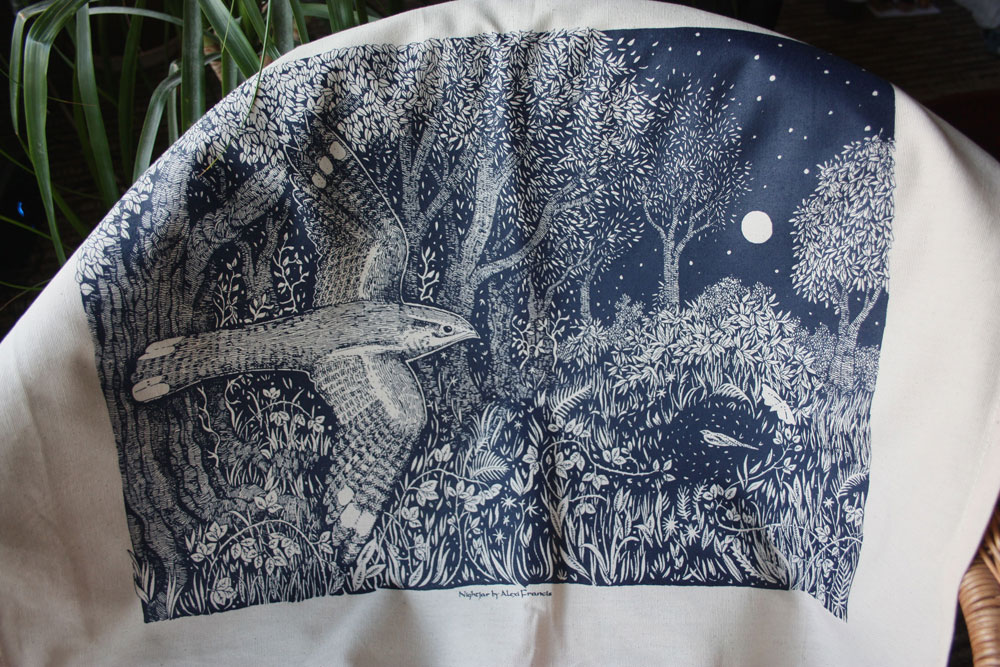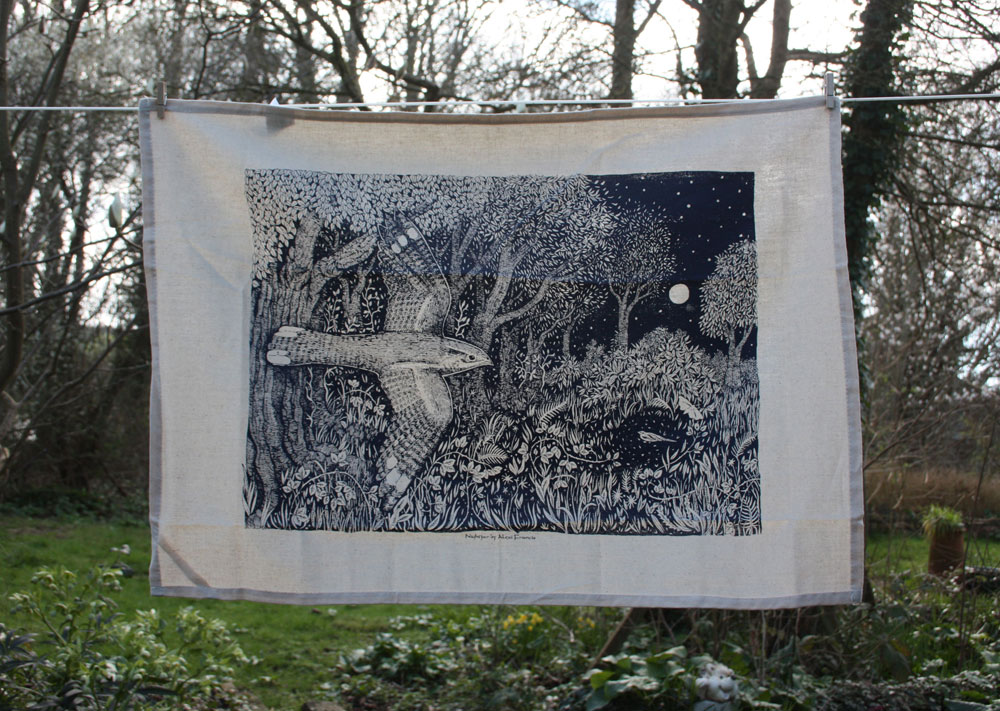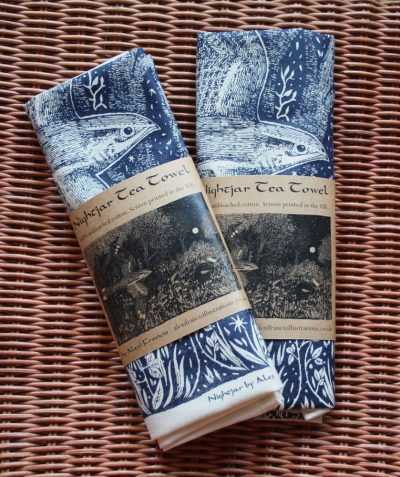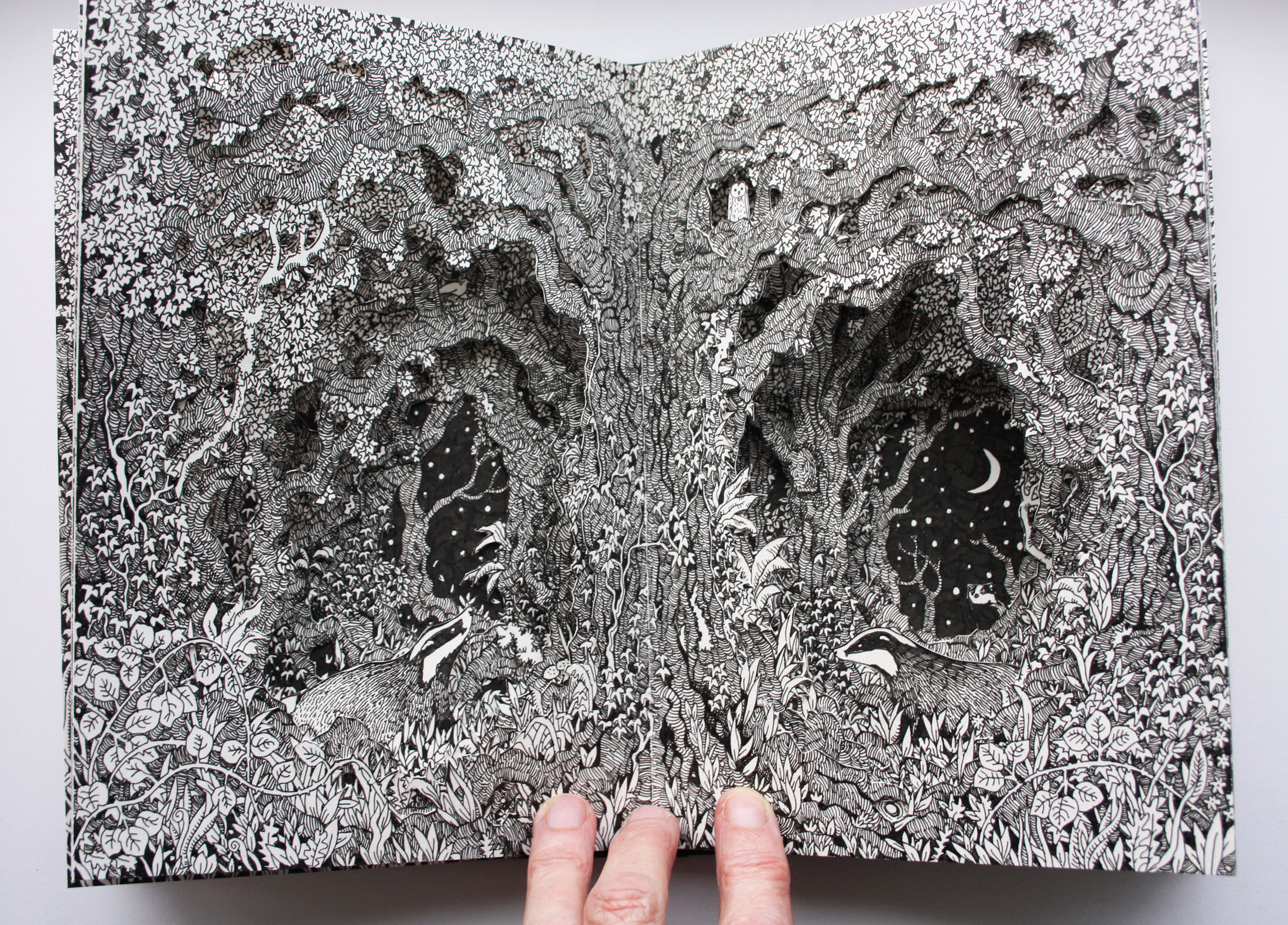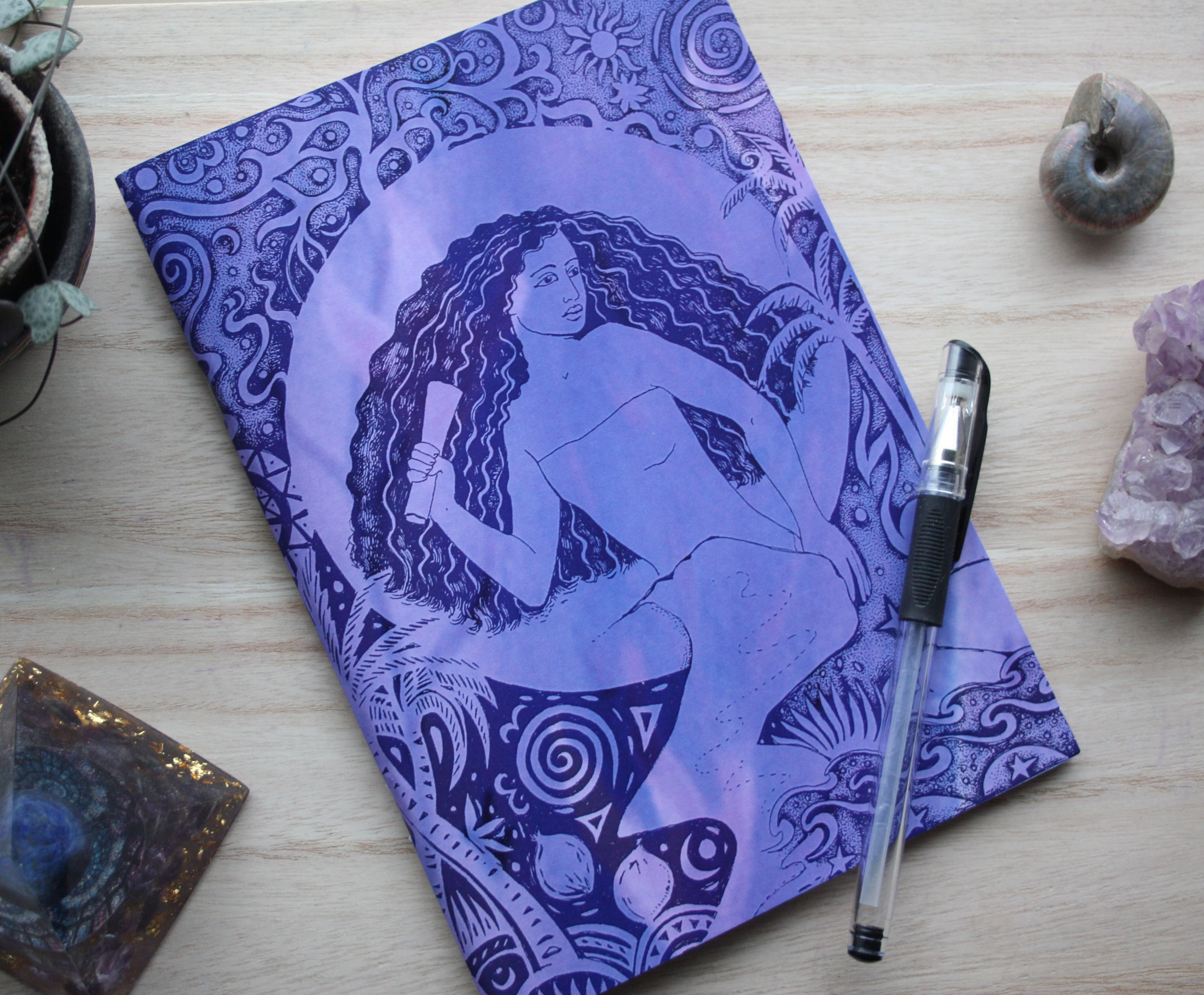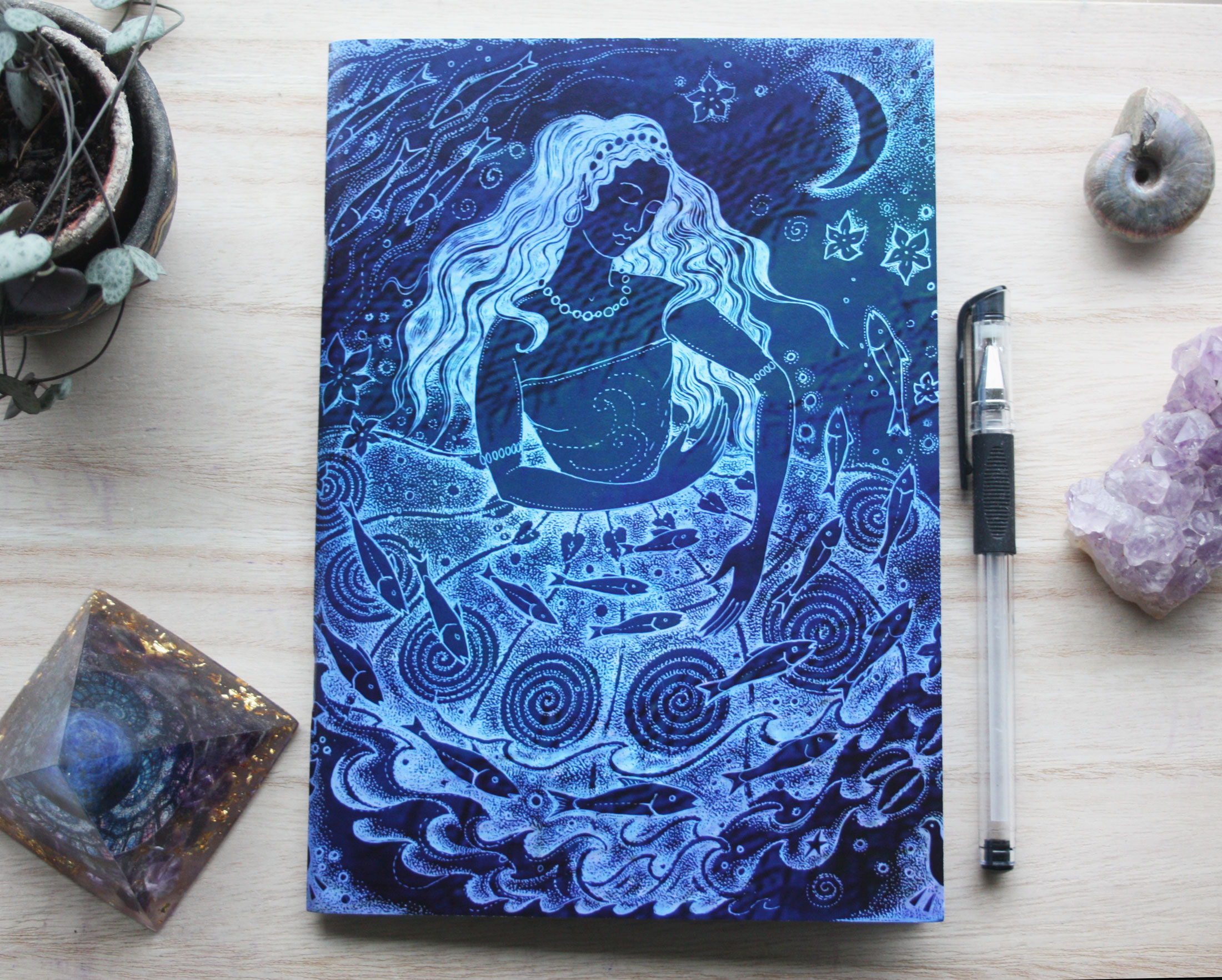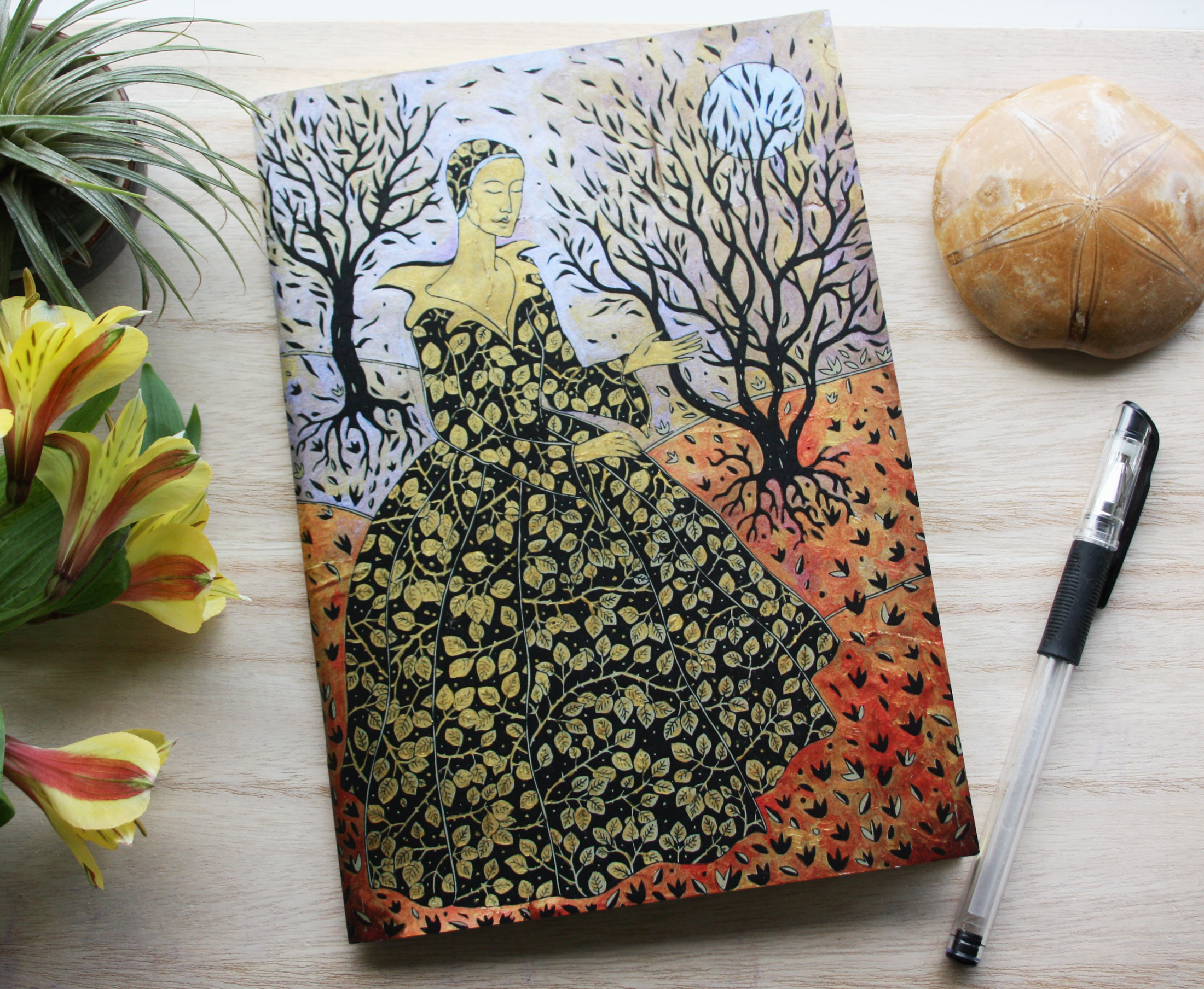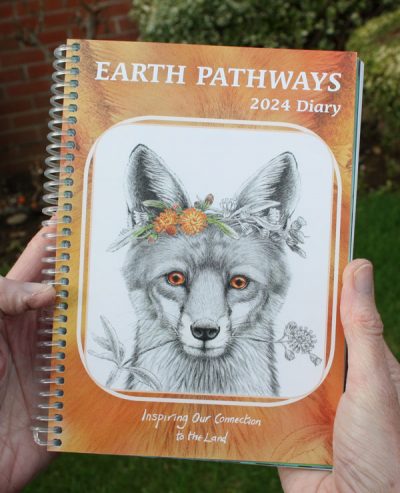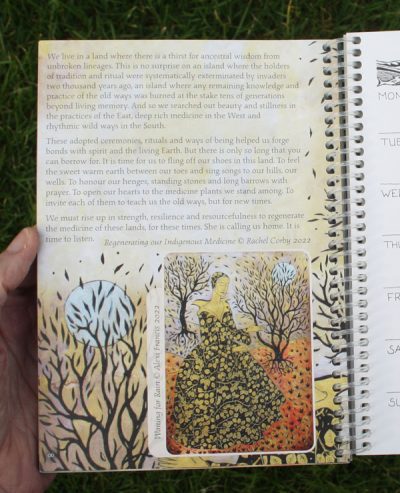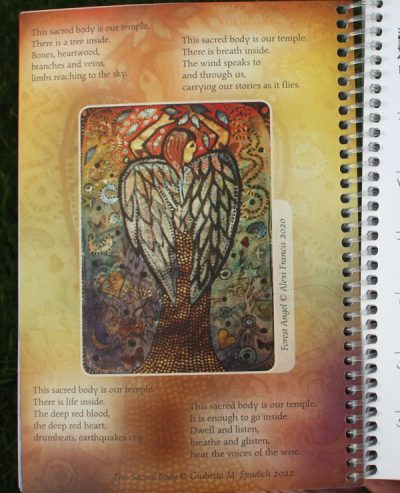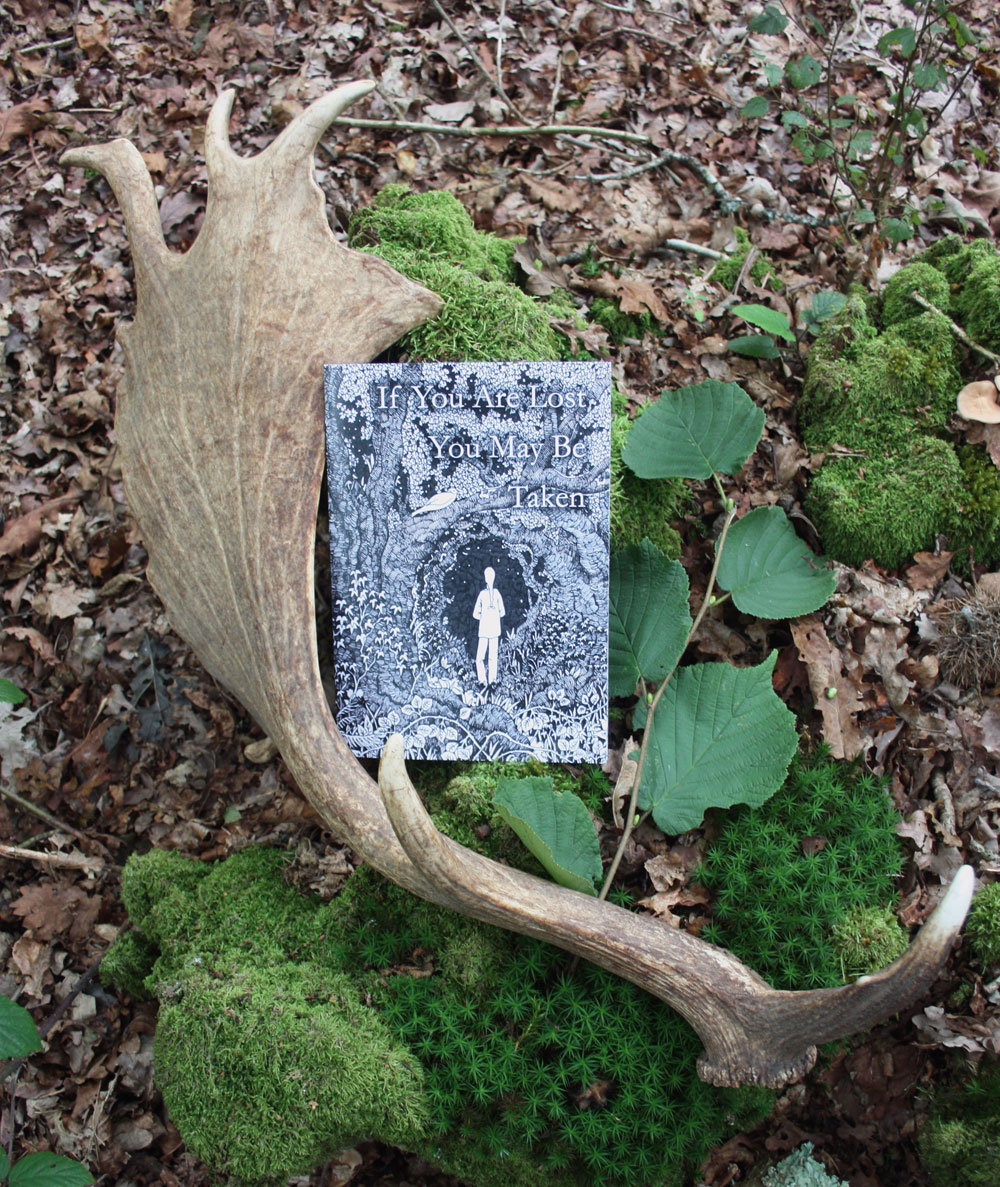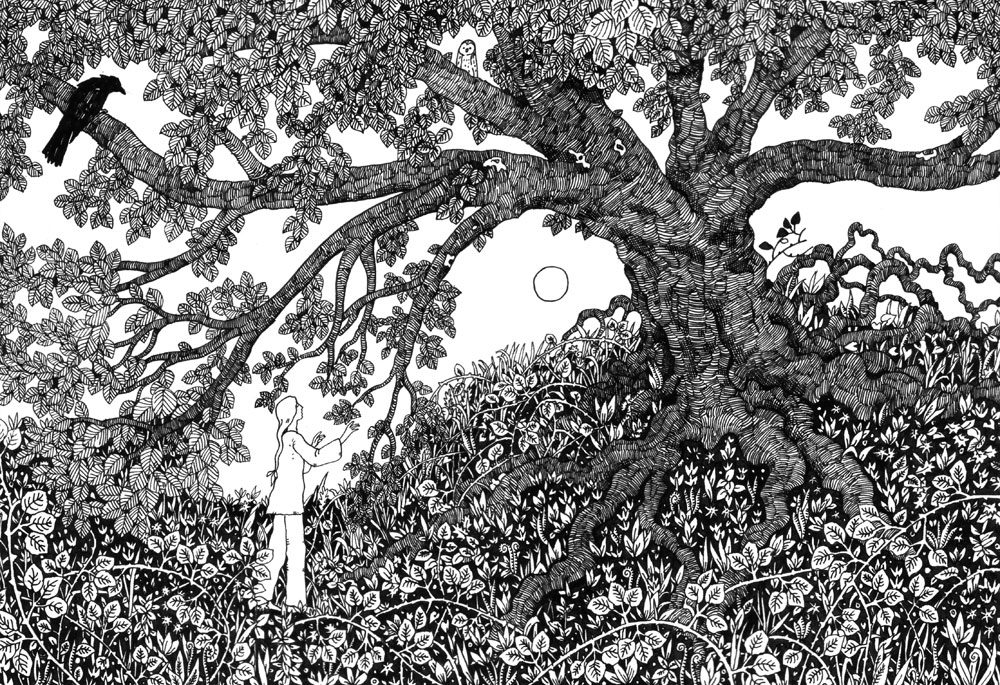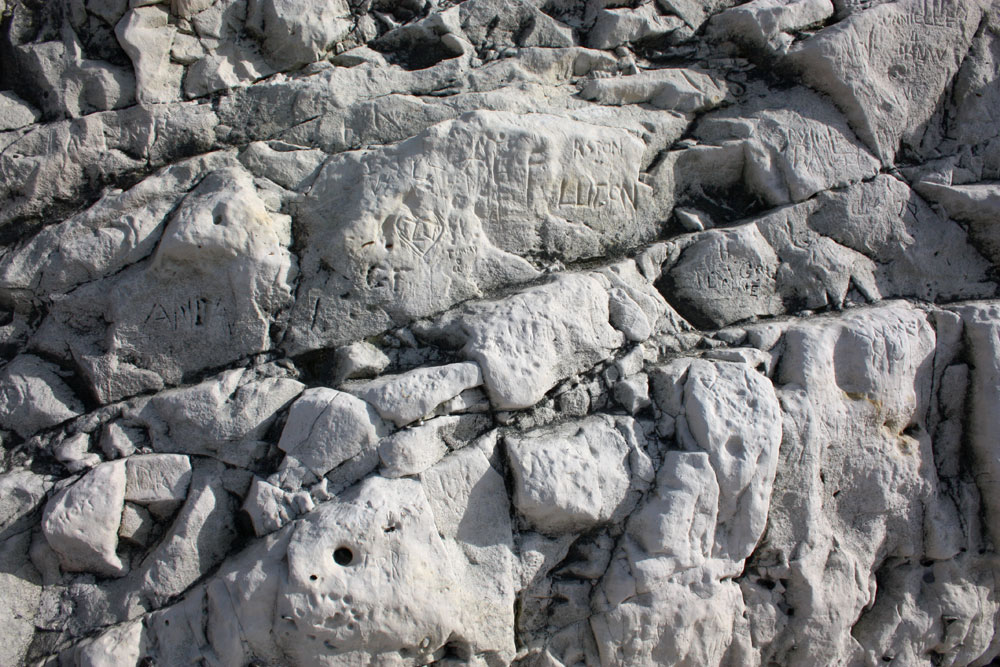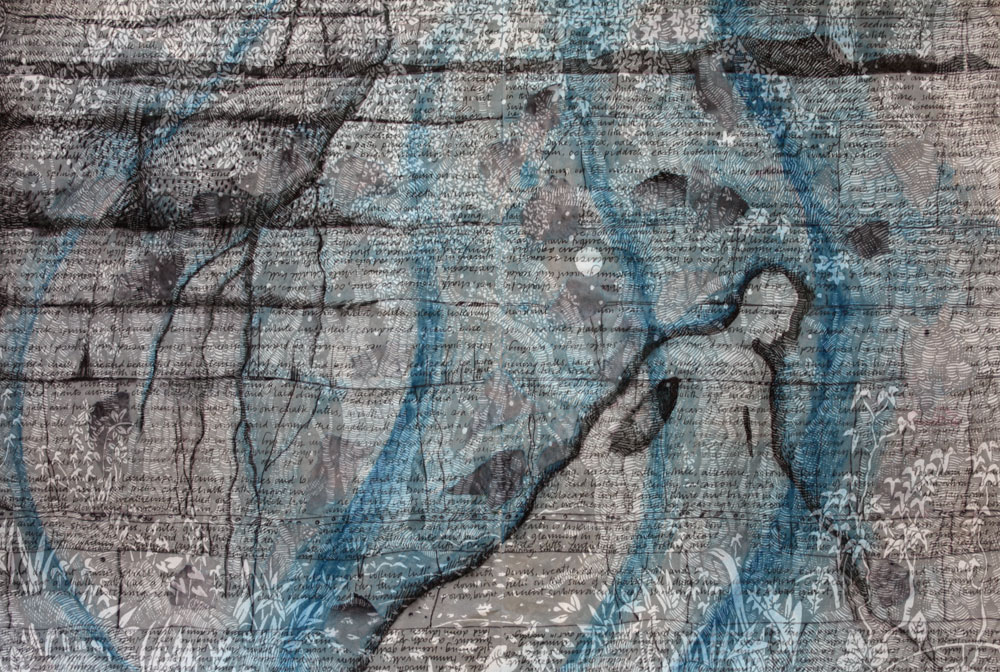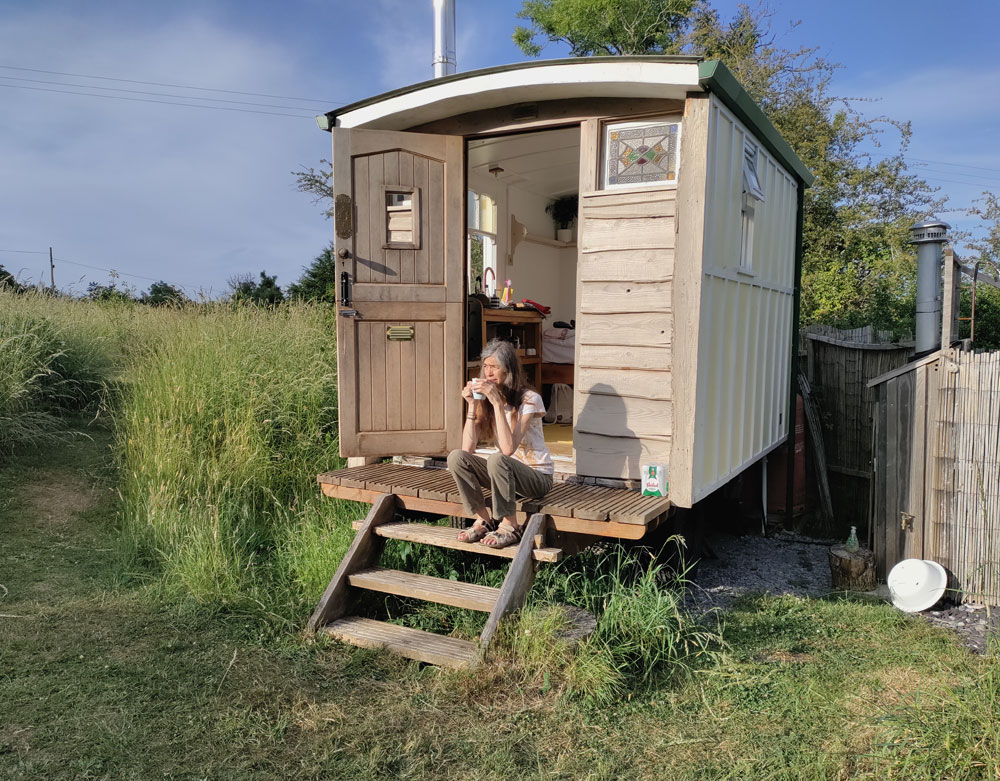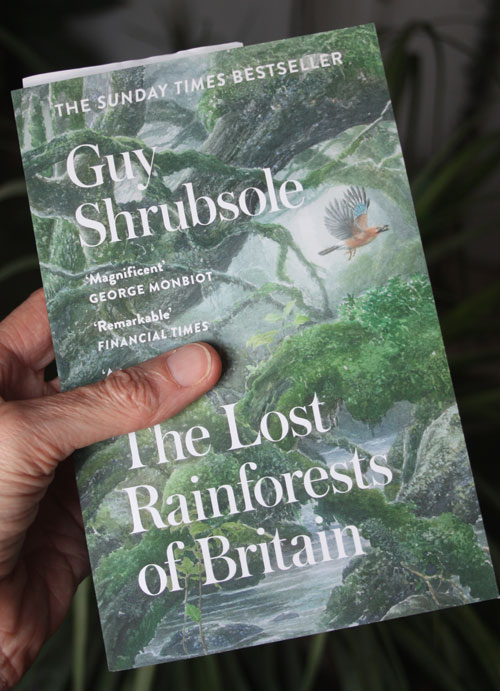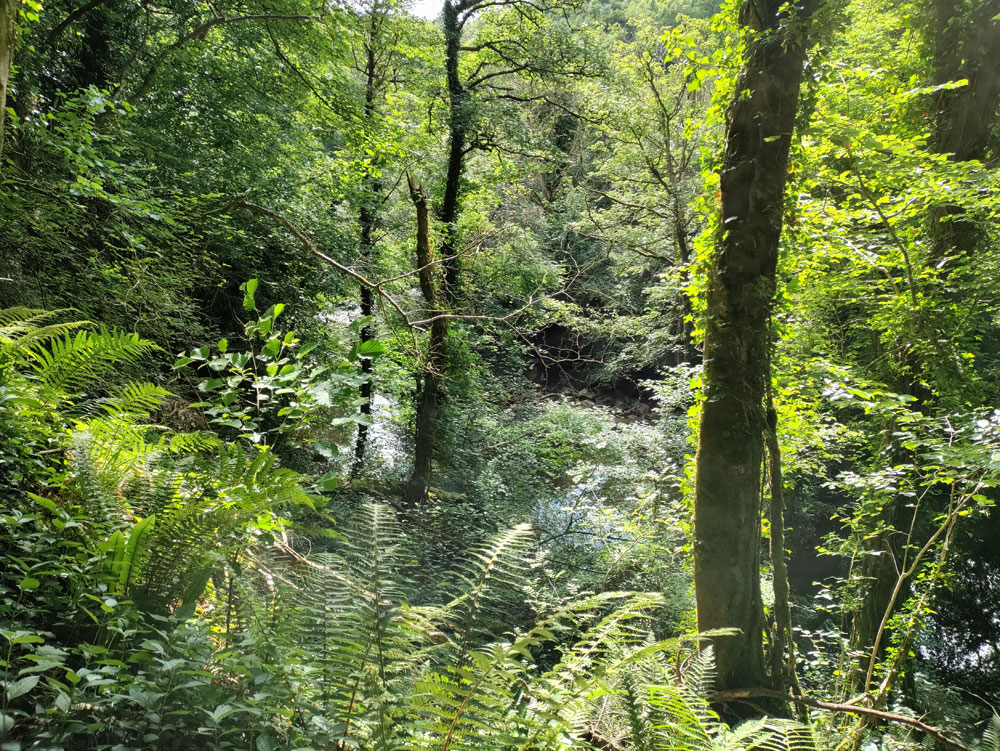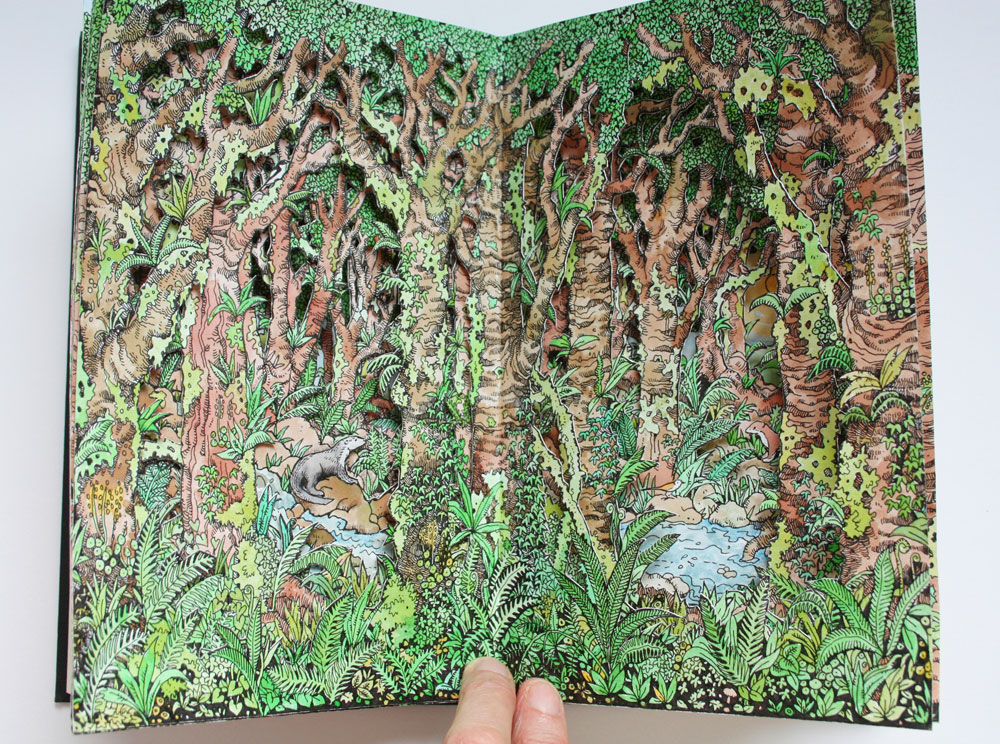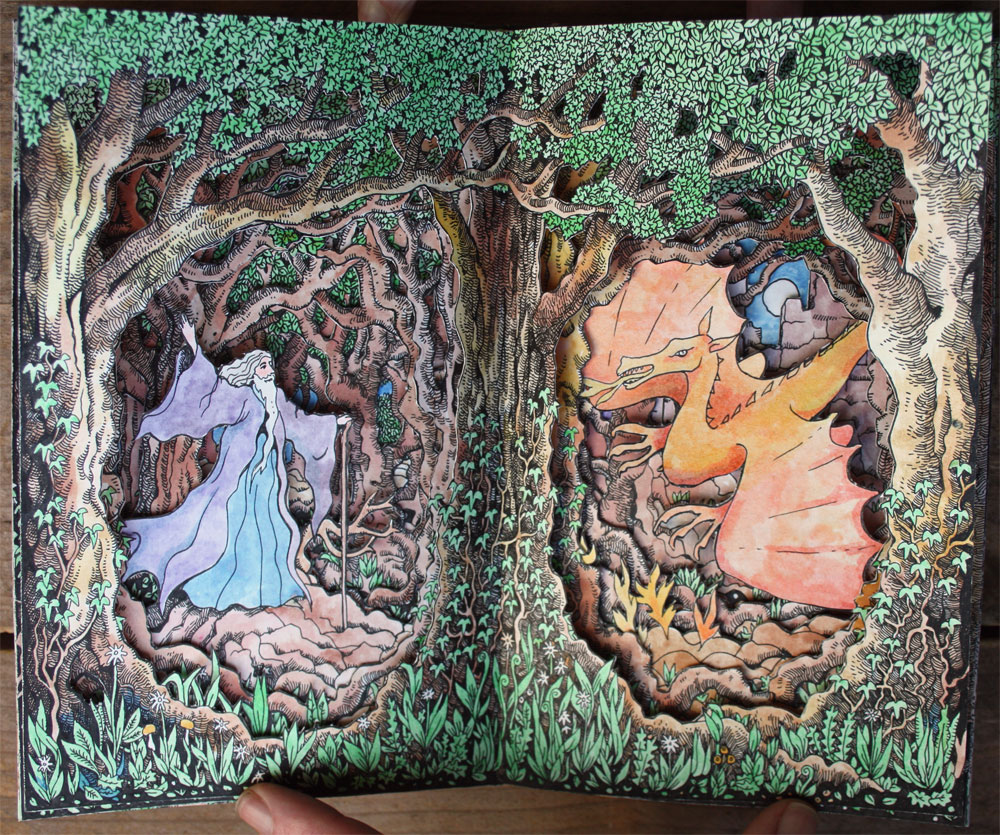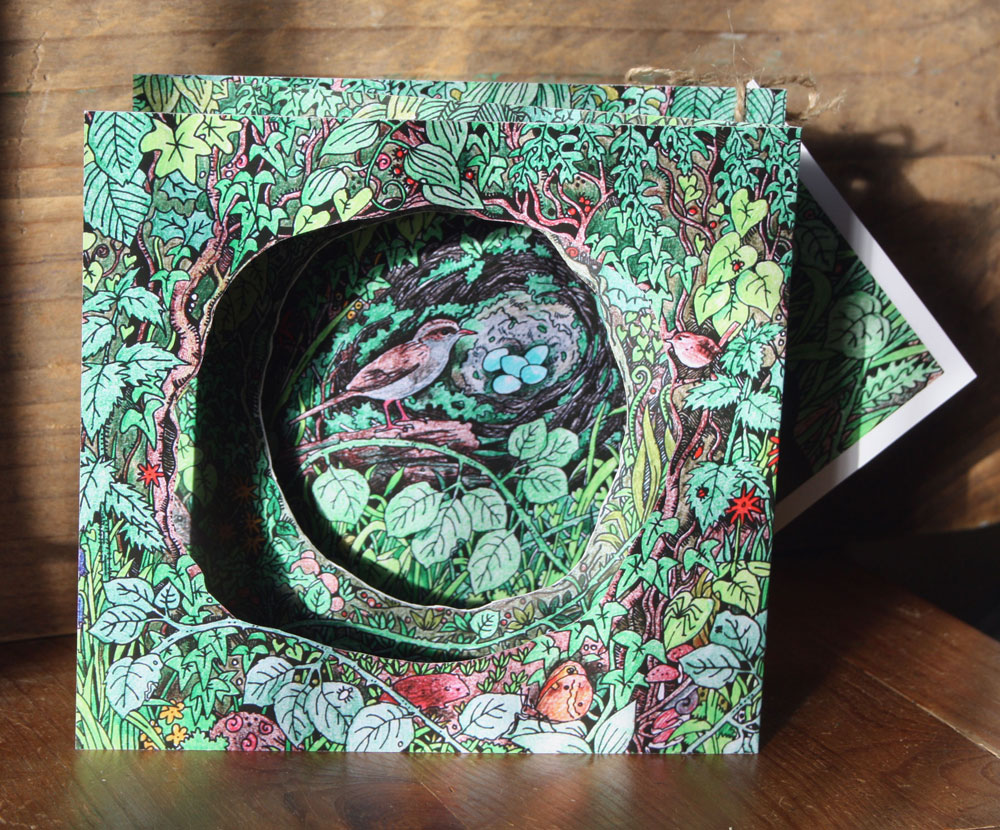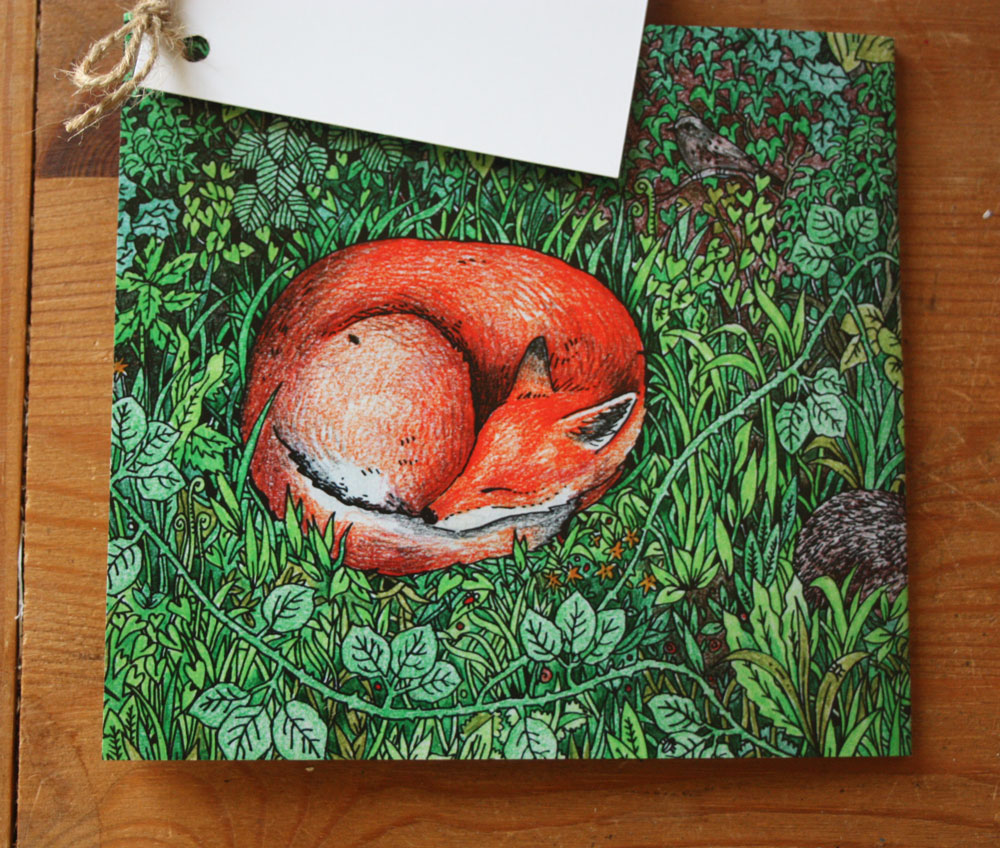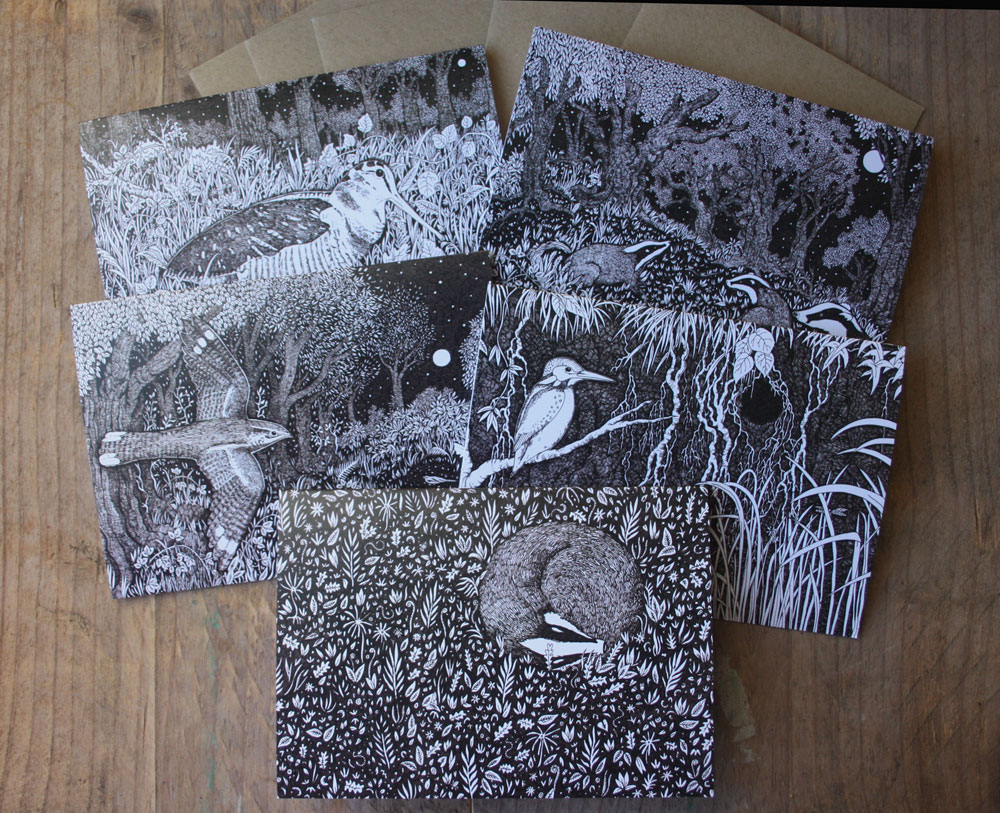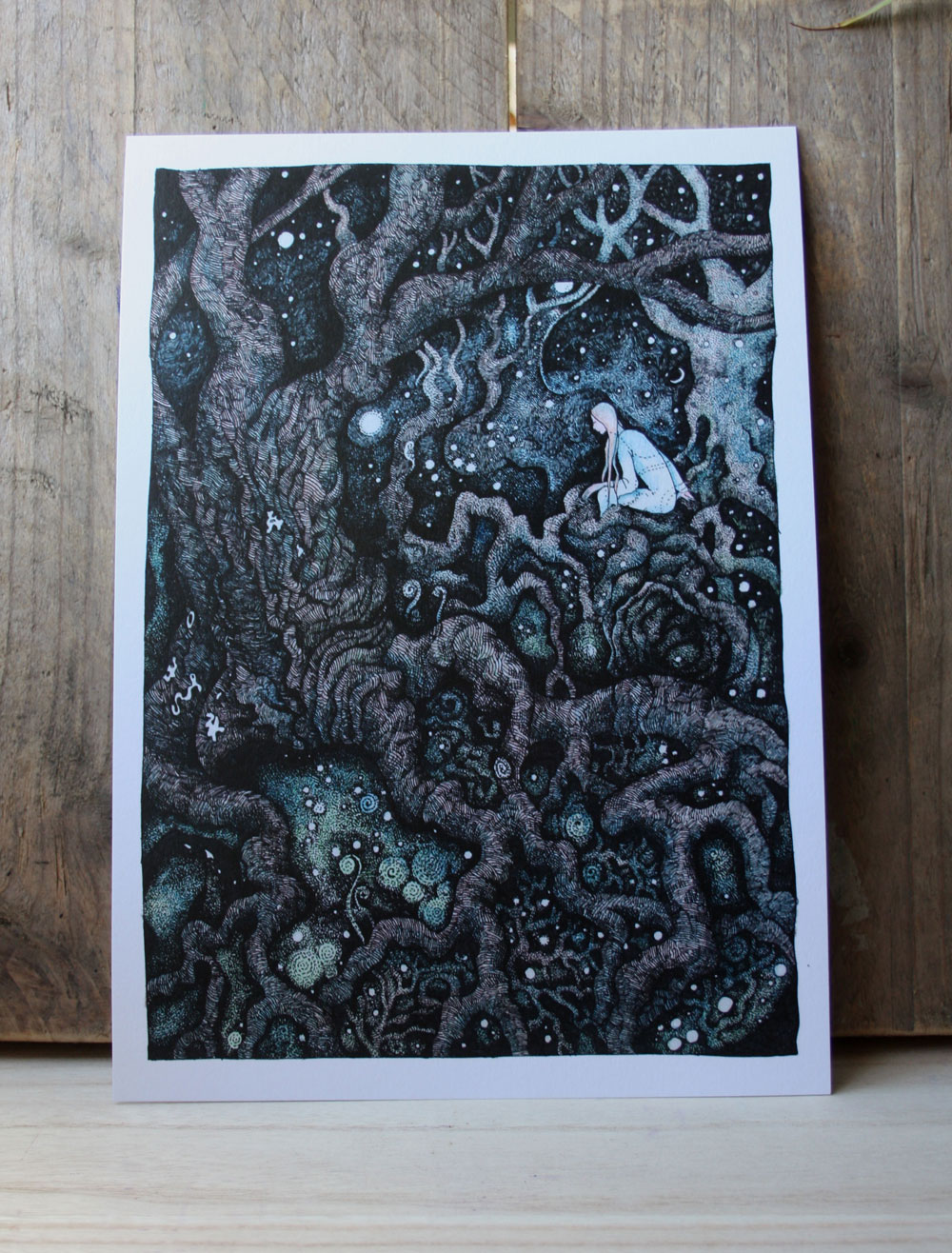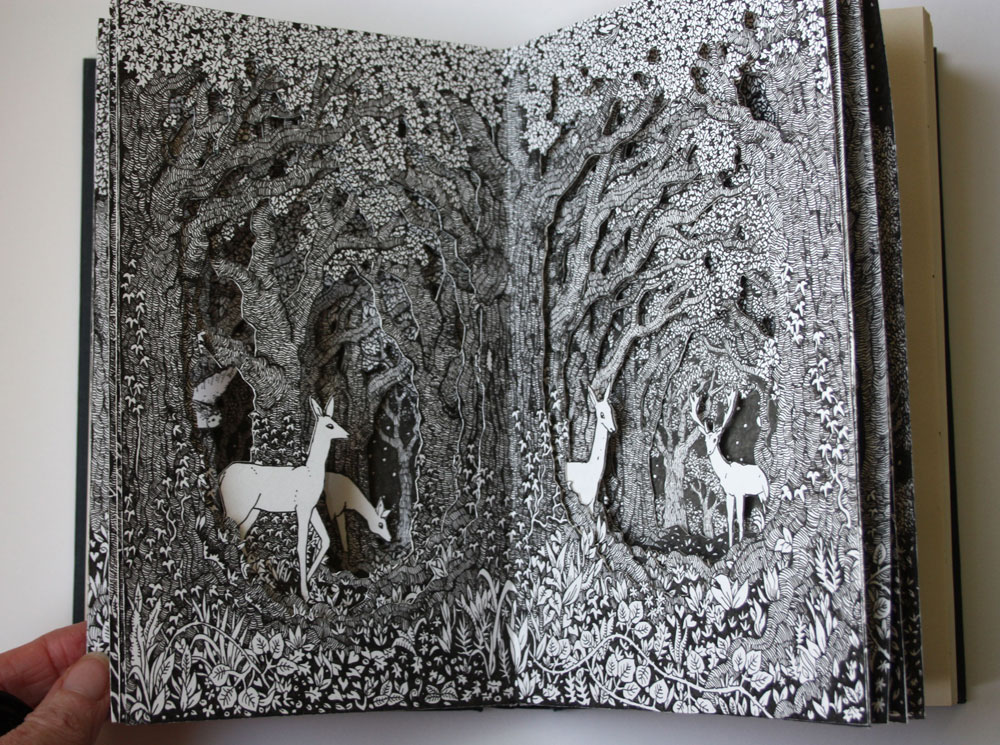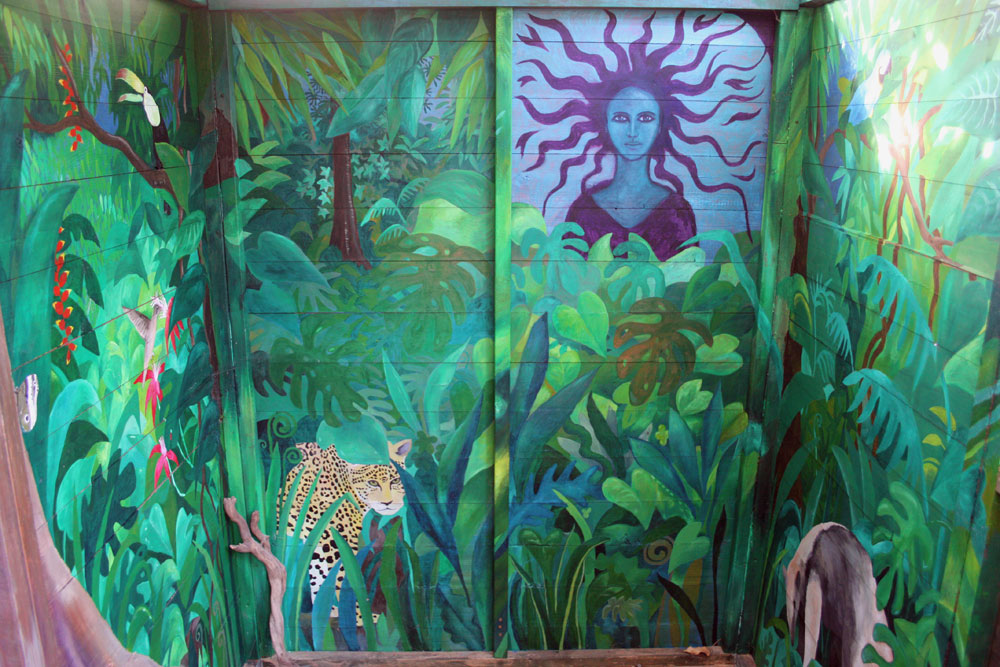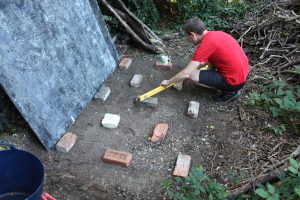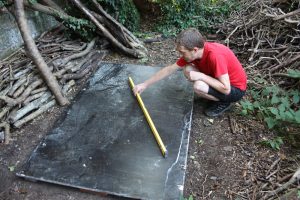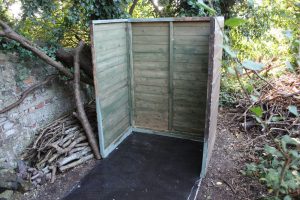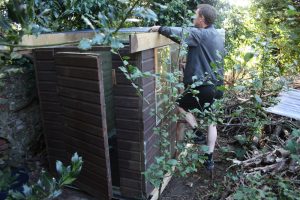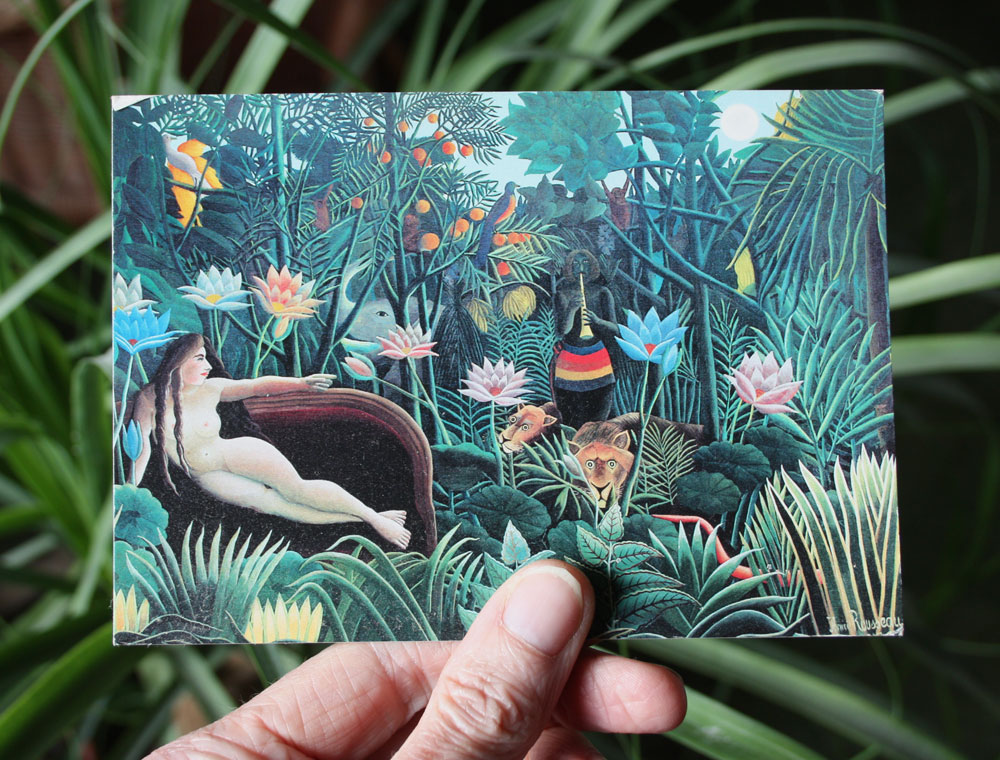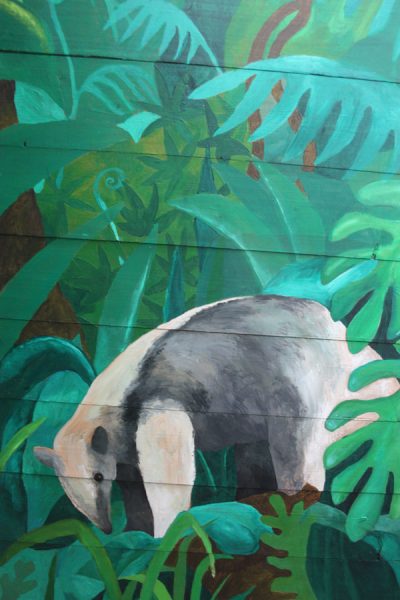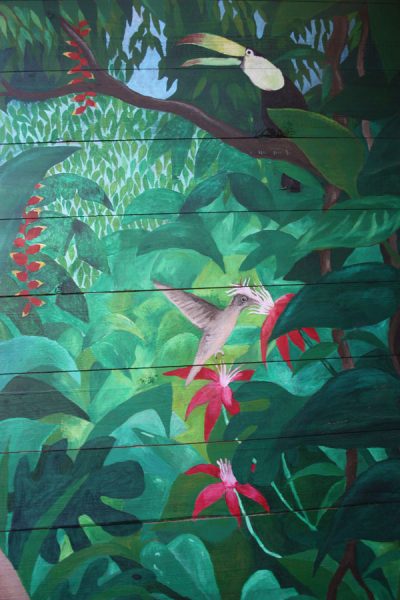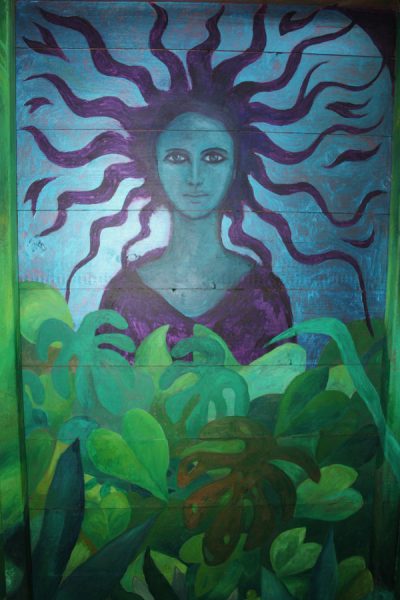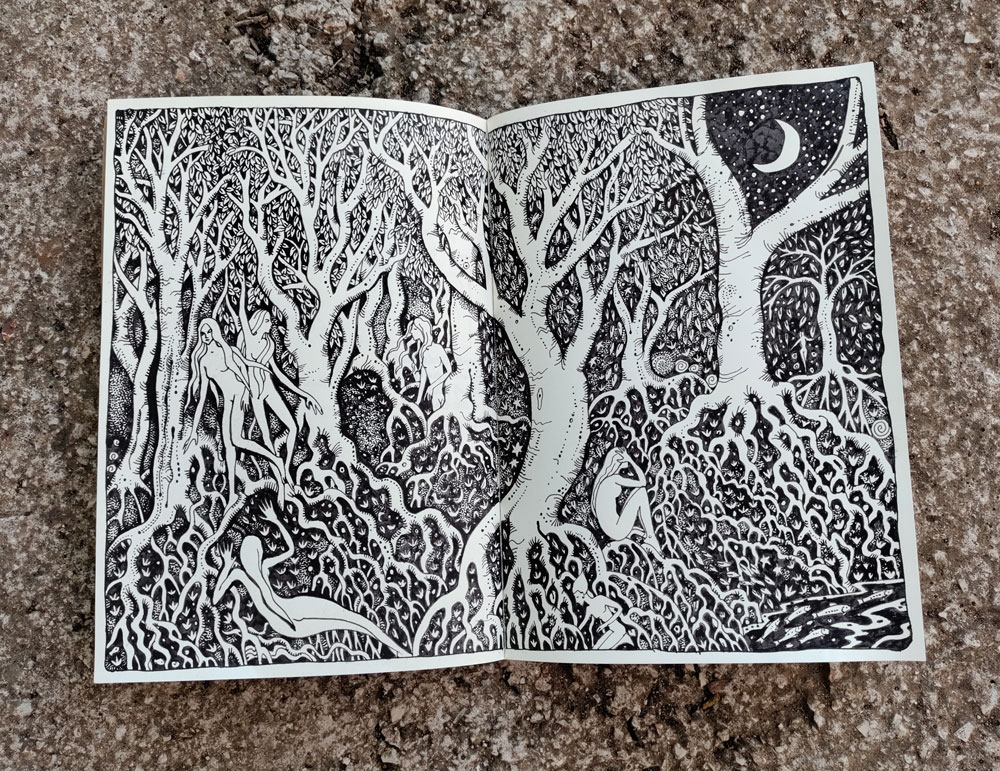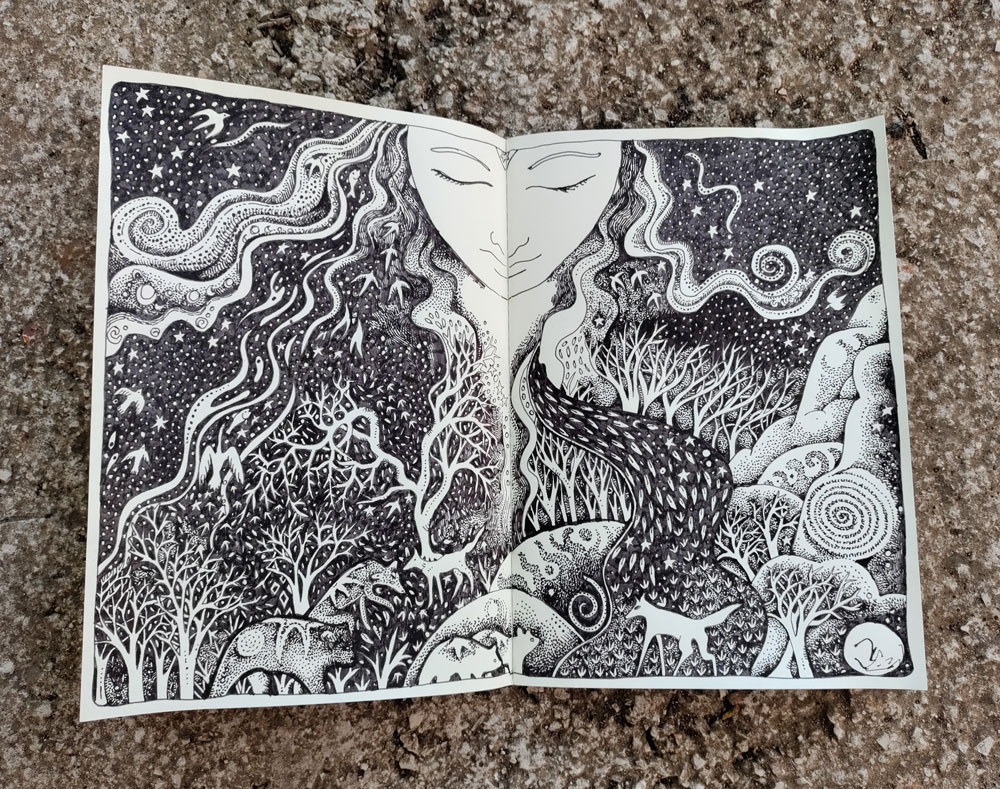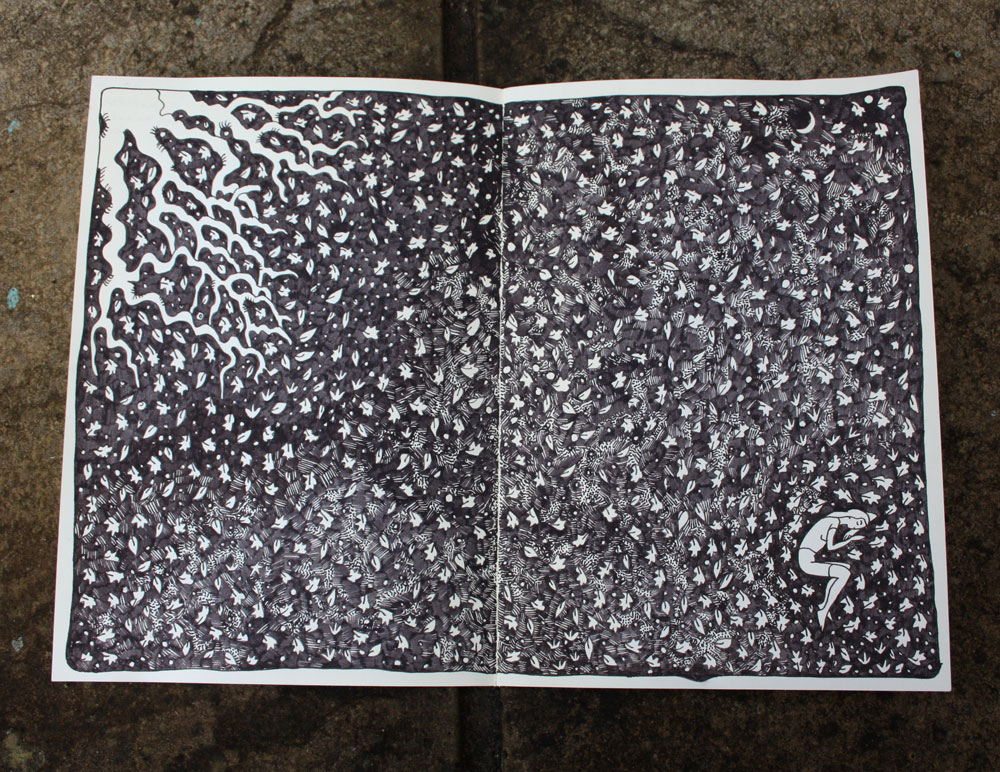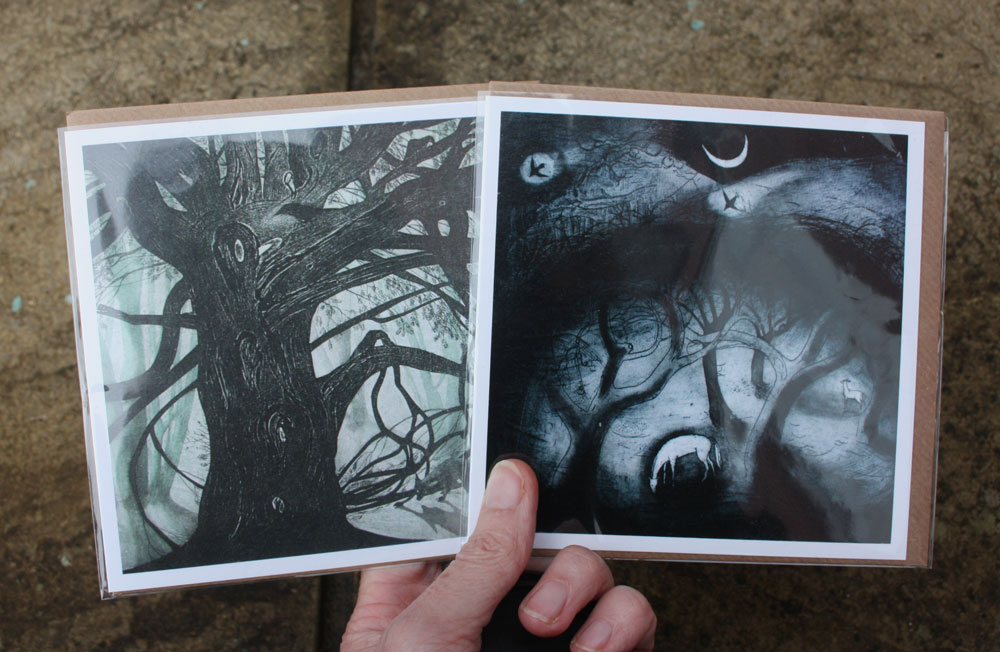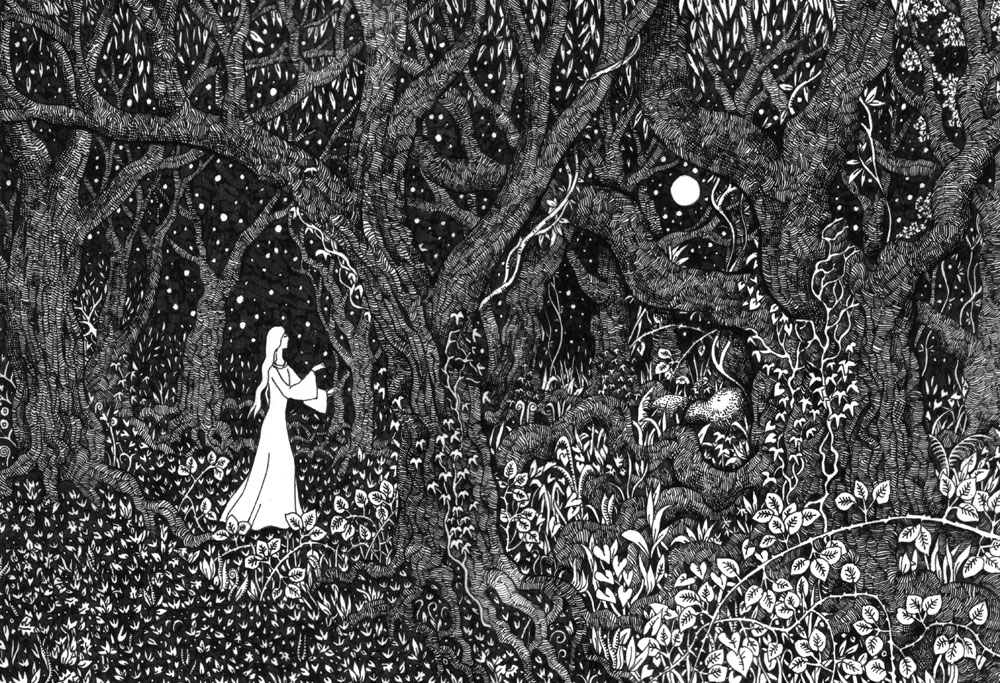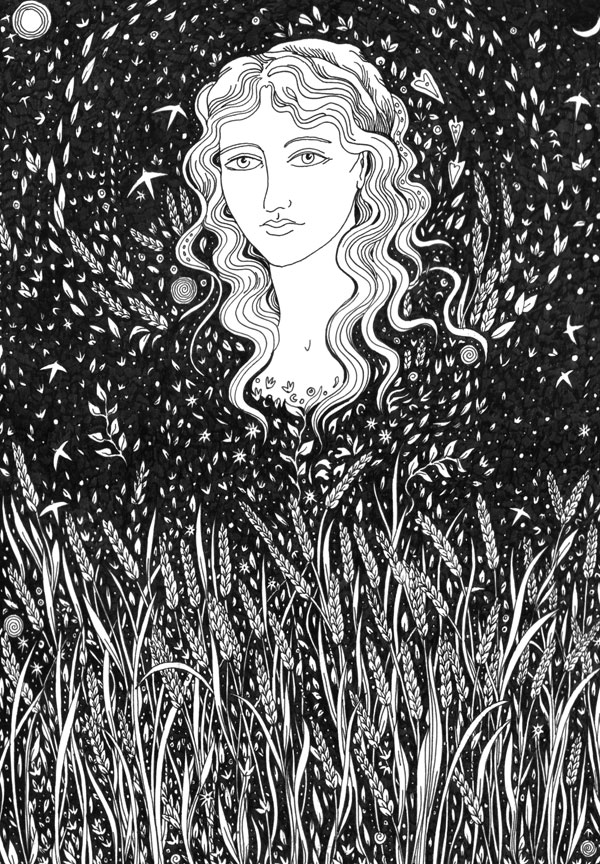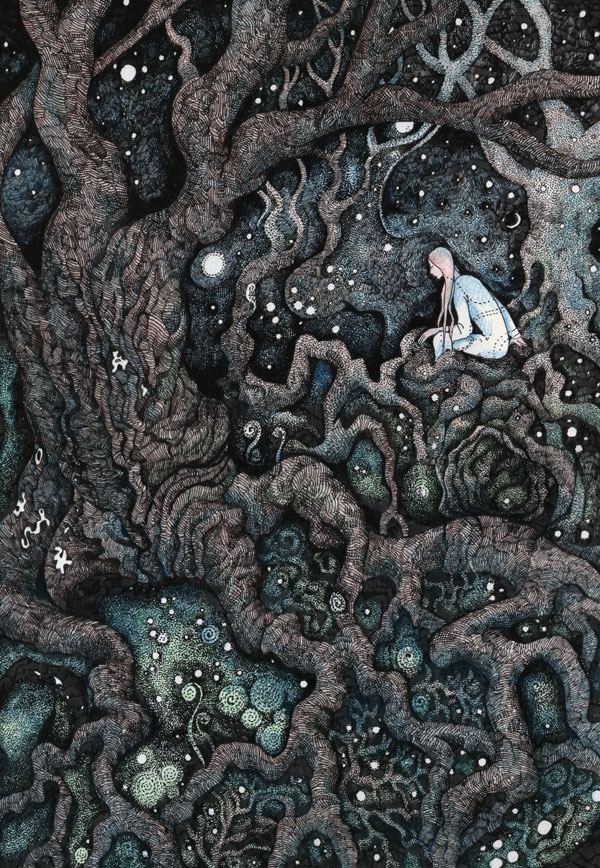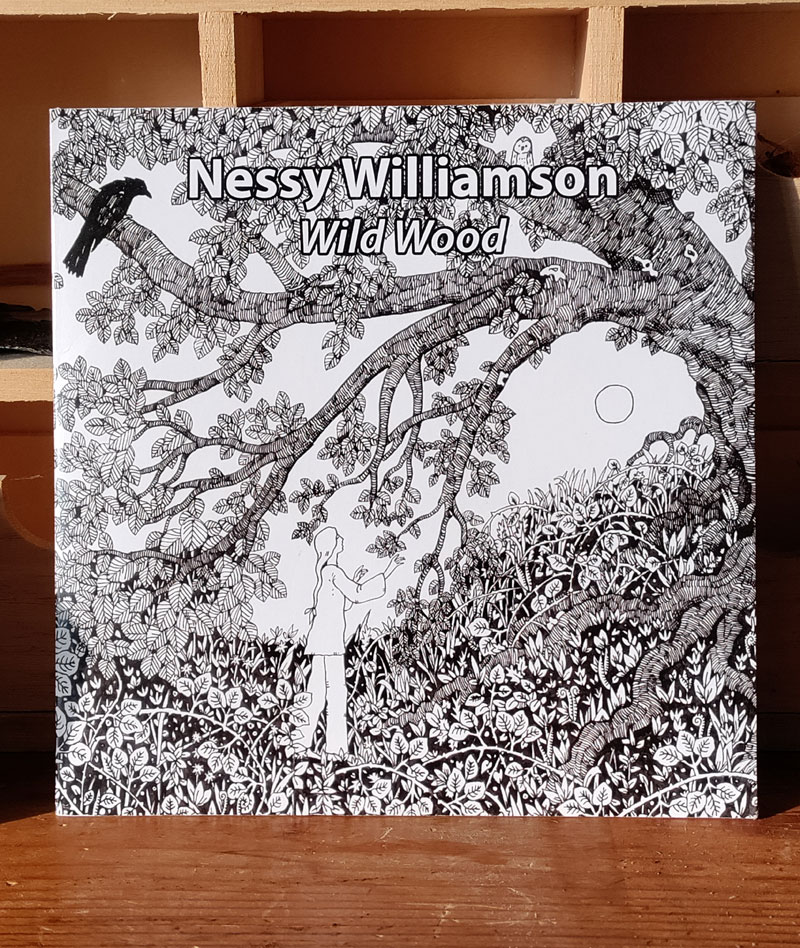
I had a lovely surprise in the post recently, a CD of the album Wild Wood by the folk singer Nessy Williamson.
Nessy had contacted me asking if I could create some artwork for a CD cover. I said I was happy to, but she could also use one ofthe illustrations I have already drawn. She chose the above picture of a woman beneath a large spreading tree from my little zine/booklet If You Are Lost You May Be Taken. I think the CD looks great.
And so are her songs, they’re so lovely!
Nessy has a beautiful voice, accompanied by her guitar playing and other instruments like the shruti box. Her songs are about the natural world, the seasons and change. Wildlife is profuse; we hear of blackbirds, kestrels, hares, unfurling leaves, berries… There’s a wistfulness about the songs – a longing for what’s leaving or has been lost – that they share with the English Folk Tradition, but there’s also a celebration and joy.
Nessy lives in the North Yorkshire Moors. As a child she sang in a choir, which began her life in singing and music. In her teens she found a second-hand guitar, accompanied by a basic chord book, in a junk shop for a fiver and learnt how to play. In the 1980s she listened to bands such as Chumbawamba and musicians like Bob Dylan, Donovan, Simon and Garfunkel and Joan Baez, and taught herself to play along with them. Introduced to the folk band Planxty one day, Nessy knew she had discovered her genre and set about learning all she could about their music. Folk music is timeless, Nessy says, as it’s about the same human struggles that repeat throughout generations. She loves to hear the protest songs of Woody Guthrie, Pete Seeger, Billy Bragg and, of course, Chumbawamba and is always listening out for new music that touches her soul.
You can buy the album, as a CD or digital download, from Bandcamp. Highly recommended.
